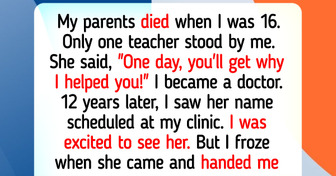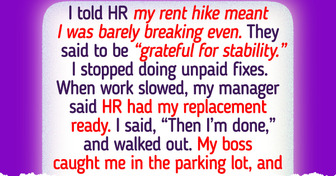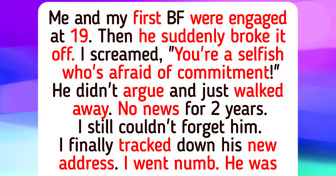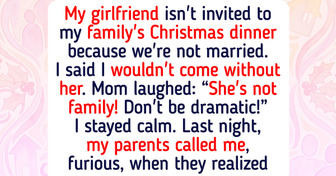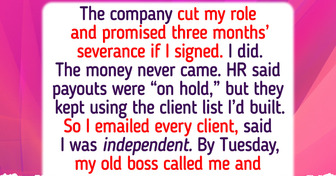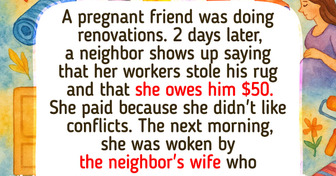12 Story Twists More Shocking Than a Hitchcock Thriller
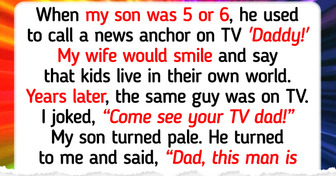
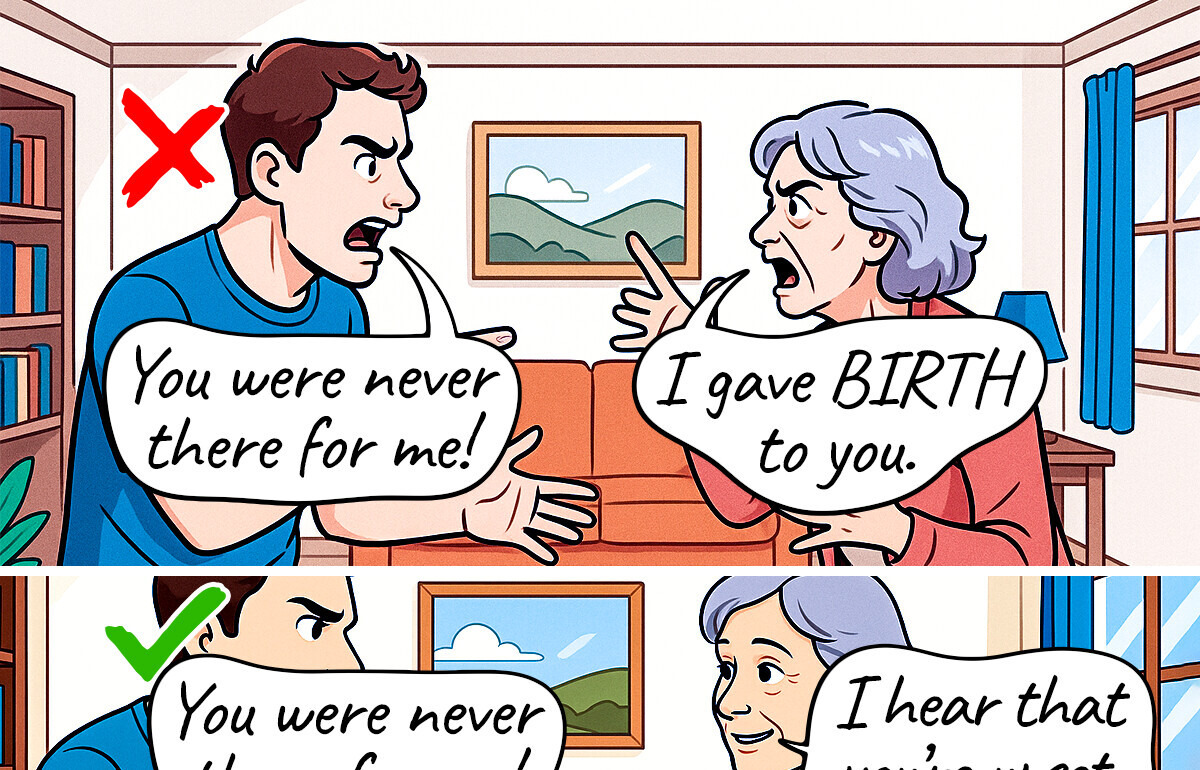
Facing disrespect from an adult child can be a deeply painful experience for parents. When the loving and nurturing relationship you once shared turns into one full of tension and hurt, it can feel overwhelming and confusing. However, it’s essential to understand that you have the right to protect yourself emotionally and establish healthy boundaries. In this article, we will explore effective strategies to address adult child disrespect and maintain mental health.
Understanding what constitutes disrespectful behavior is the first crucial step. Whether it’s verbal insults, manipulation, or emotionally abusive remarks, acknowledging the behavior allows you to address it directly. Emotional abuse can start subtly, with small comments that seem insignificant at first but escalate over time. Once you name the behavior for what it is, it becomes easier to take action and protect yourself.
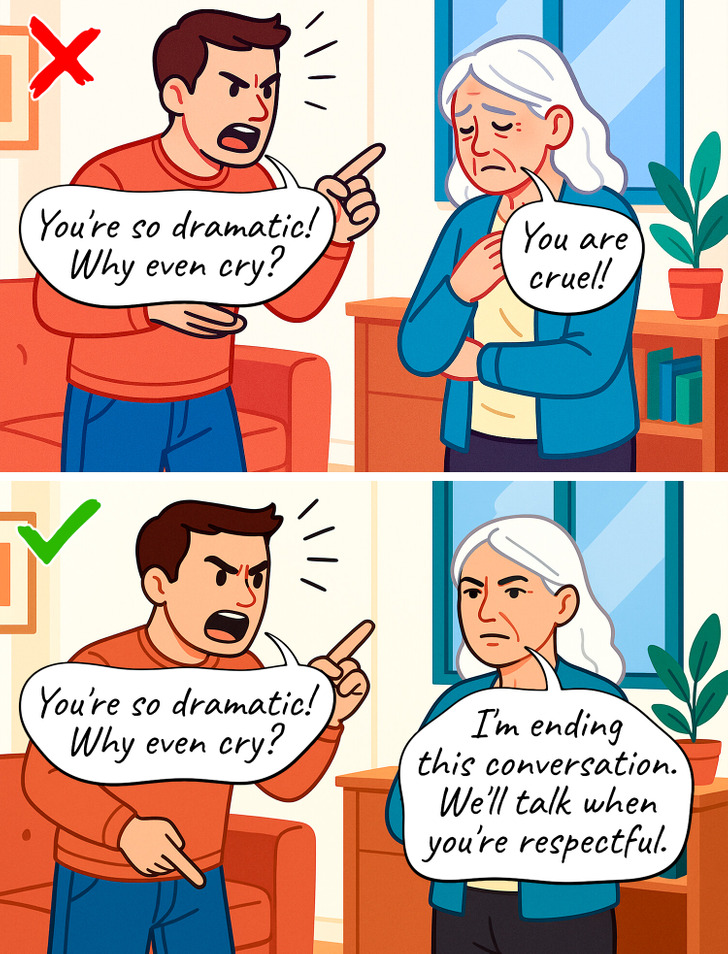
Setting clear emotional boundaries is crucial in managing family conflict. It’s essential to communicate what is and isn’t acceptable in your relationship. For instance, let your adult child know that if they raise their voice or speak disrespectfully, you’ll walk away from the conversation. Enforcing boundaries ensures that your emotional well-being is protected and reinforces the importance of mutual respect in your relationship.
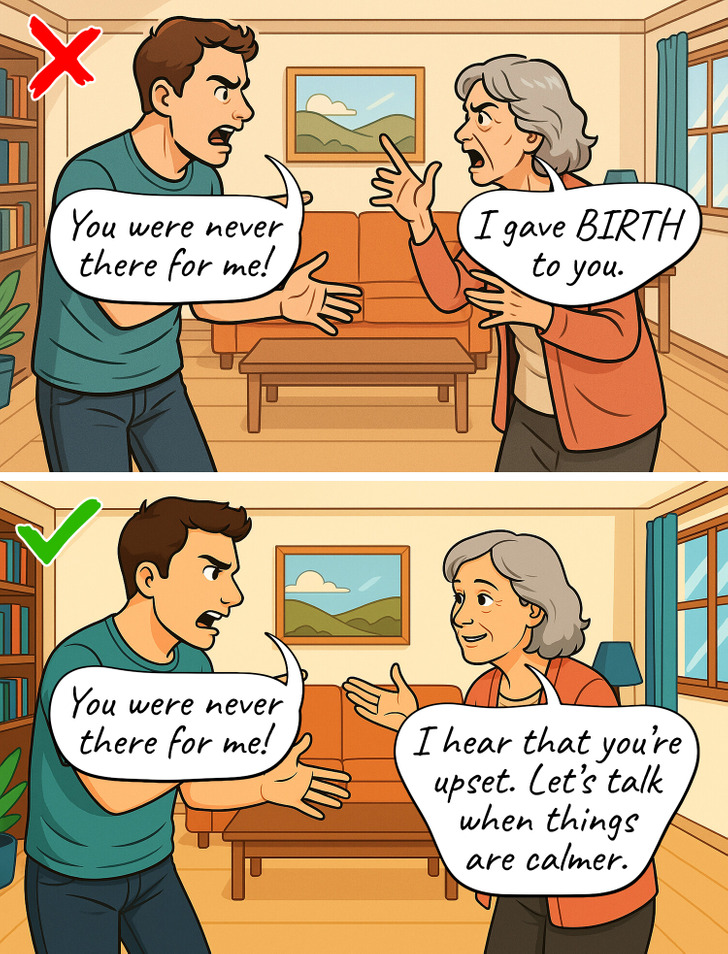
Communication is key to resolving any conflict, but when emotions run high, it’s easy for things to escalate. Approach difficult conversations calmly and with empathy, focusing on expressing how you feel without attacking your adult child. Using “I” statements, such as “I feel hurt when you speak to me like that,” or “I hear that you’re upset,” can help foster understanding. If the conversation escalates, suggesting a break can help both parties regain composure and return to the discussion when emotions settle.
It’s important to reflect on your behavior as a parent, but also recognize that you are not solely responsible for your child’s emotional abuse or disrespect. While acknowledging your mistakes shows growth, it’s essential to avoid internalizing all the blame. Both you and your adult child contribute to the relationship’s dynamics. Recognize your part, but don’t carry the burden of their actions.
It’s vital to manage your expectations, especially when faced with disrespect or emotional abuse. Understand that your adult child may have their own challenges and perspectives, which may not always align with your values. While respect is essential, recognizing the differences in your worldviews can reduce frustration and help you approach the situation with more compassion. Realistic expectations can also prevent unnecessary emotional stress on your mental health.
As a parent, it’s important to acknowledge your role in the conflict and apologize if needed. Offering a sincere apology can help repair your relationship and foster better communication. However, apologizing does not mean accepting blame for your child’s behavior. It’s about showing that you’re committed to improving the relationship while maintaining your emotional boundaries.
Recognize your inherent worth and the importance of respecting yourself. When dealing with emotional abuse from an adult child, it’s easy to internalize their hurtful actions. However, you deserve respect and kindness, regardless of your child’s behavior. By maintaining a strong sense of self-worth, you can uphold healthy boundaries and prevent disrespect from eroding your confidence and peace of mind.
If the emotional toll becomes too much, limiting communication may be necessary. Temporarily stepping back from the situation allows both you and your adult child time to reflect and regain emotional stability. This doesn’t mean cutting off contact permanently, but rather giving yourself space to protect your mental health. Establishing conditions for communication, such as requiring respectful conversations, can help reestablish a healthier dynamic.
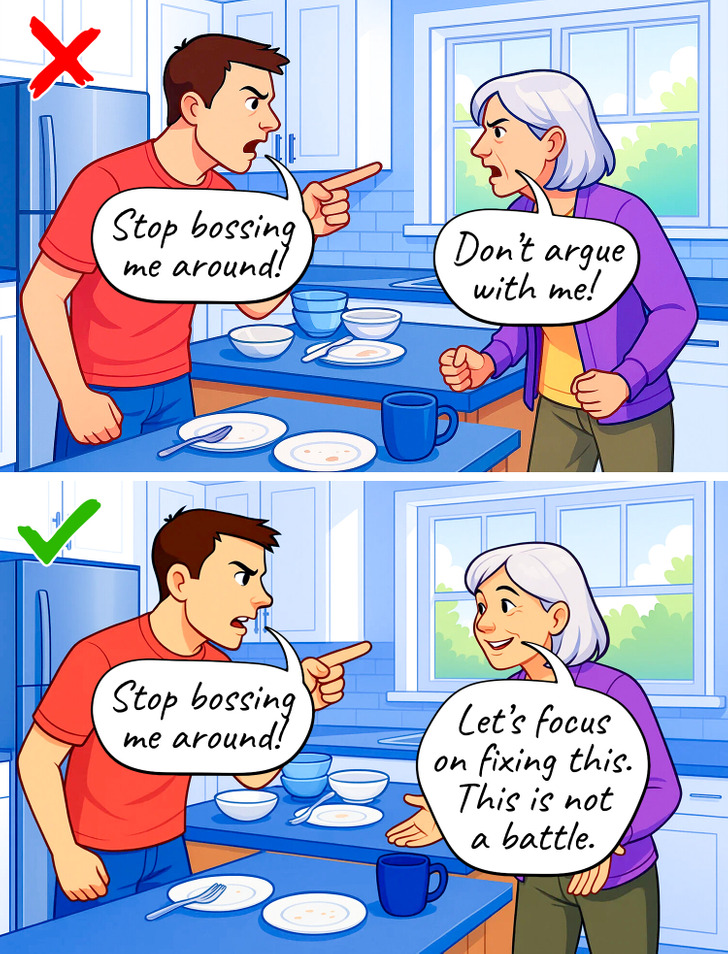
One of the most common pitfalls in adult child conflict is engaging in power struggles. Trying to “win” an argument or control the situation often exacerbates the conflict. Instead, focus on resolving the issue peacefully, without getting trapped in cycles of manipulation or disrespect. Letting go of the need to control the situation can reduce tension and help maintain emotional well-being.
Amid the emotional challenges of family conflict, self-care is essential. Taking care of your mental health helps you navigate difficult situations more effectively. Engage in activities that relax and rejuvenate you, such as exercise, meditation, or spending time with supportive friends. Prioritizing self-care ensures that you have the emotional strength to uphold boundaries and engage in healthier communication with your adult child.
Learning to say “no” is an essential part of setting emotional boundaries. As a parent, you don’t have to accept every request or demand, especially if it compromises your mental health. Saying “no” without guilt teaches your adult child that they can’t always have their way, while protecting your well-being. Setting limits is an important aspect of self-care and maintaining respect in the relationship.
Dealing with emotional abuse and family conflict can be draining, so seeking external support is essential. Joining support groups for families or parents experiencing similar issues can provide a safe space for advice and empathy. Connecting with others who understand your struggles can help you feel supported and less isolated in your journey.
Remember, you deserve to be treated with respect and care. If you’re looking for more insights on resolving family conflict and navigating difficult family dynamics, check this article.


